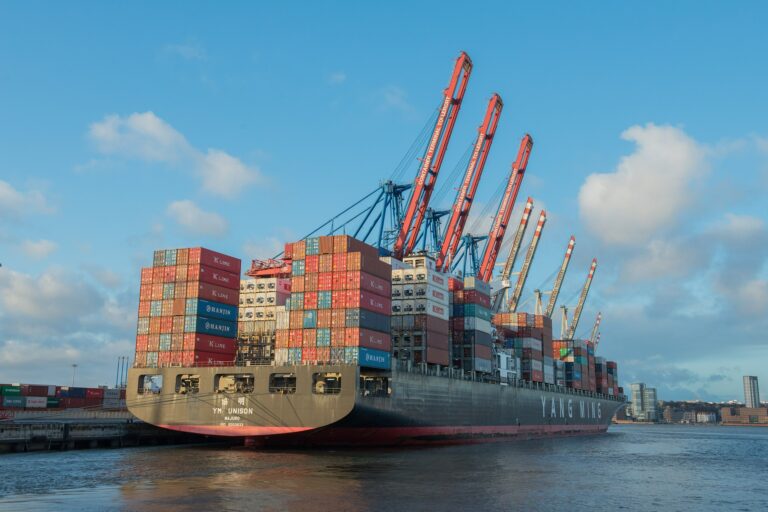Give us a Call: +2347051423739
TINUBU GOVERNMENT ECONOMIC AGENDA AND A NIGERIAN BLUE ECONOMY

The keyword in the next government’s economic agenda must be – dynamic. It must be bold, it must be transparent, demonstrable enough to be believable to give hope to a traumatized population. It must inspire hope that has been conspicuously absent even despite…


